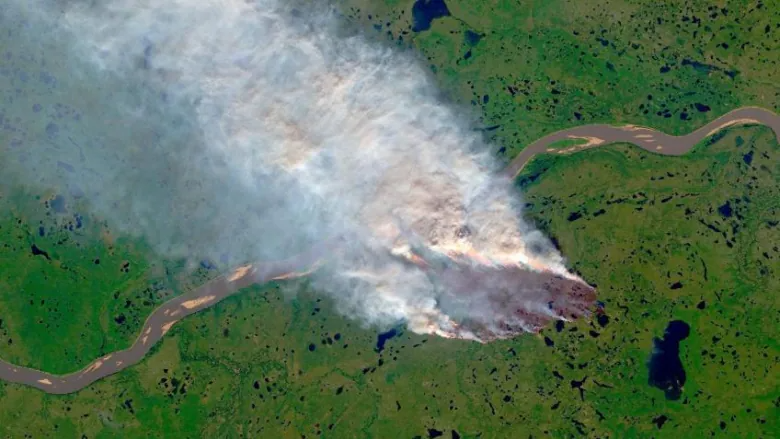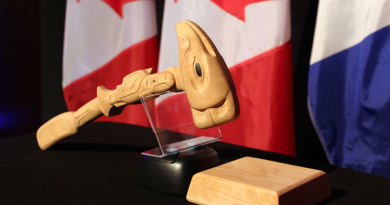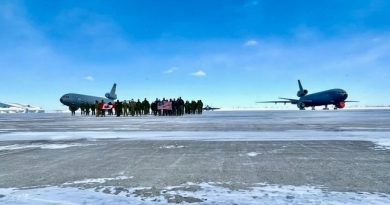Fewer wildfires than average in 2021 in Canada’s Northwest Territories, likely because of high water levels

There were 139 wildfires this season, mostly in the drier Beaufort Delta region
The Northwest Territories has seen a slower than normal wildfire season, due at least in part to high water levels.
Richard Olsen, wildfire operations manager with the Department of Environment and Natural Resources (ENR), said 139 wildfires this season is only about 66 per cent of what the territory normally sees. Of those 139 fires, 12.2 per cent were human caused, mostly related to campfires.
Olsen points to high water levels in the South Slave region to explain this year’s low figure. In an area where ENR expects to see 70 to 80 yearly fires, there were 11 this past season.
The season’s statistics are on par with Olsen’s predications earlier this year. He said in May, with some forested areas saturated with water, the South Slave and Dehcho regions were at the lowest level of risk “for as long as most of us can remember.”
The Beaufort Delta however, was remarkably dry, Olsen said, and accounted for 36 of the territory’s wildfires. Twenty seven of those fires had to be acted on over a period of two to three weeks, a response that Olsen called “very unusual.”
“We put a lot of resources to that area to help with fire response,” he told reporters at a press conference on Wednesday.
While this past wildfire season has been calmer than most, many will remember when the N.W.T. experienced its worst wildfire season in 2014. On Monday, the government of Canada announced its final $5.3 million installment of the Disaster Financial Assistance Arrangements (DFAA) program to support response and recovery costs. Through the 2014 season, the territory spent more than eight times its normal budget in firefighting costs.
Coming together for the greater good
Through the 2021 season, the N.W.T. sent staff and equipment to help out in six different provinces.
“I don’t think the firefighting in Canada would be the same if people didn’t have the ability to share resources,” he said.
In addition to helping protect other regions of the country, Olsen said exporting staff to operations in other jurisdictions provides exposure to different techniques, responses and equipment they might not typically see in the territory.
In bringing that expertise back to the N.W.T., it “helps to really improve fire operations here,” Olsen said.
“These are really representative examples of people coming together for a kind of greater good.”
Related stories from around the North:
Canada: 2020 shaping up to be among warmest years on record says WMO, Eye on the Arctic
Greenland: Rise in sea level from ice melt in Greenland and Antarctica match worst-case scenario: study, CBC News
Russia: New NOAA report finds vast Siberian wildfires linked to Arctic warming, The Associated Press
Sweden: Swedish project uses satellites to help spot and monitor wildfires, Radio Sweden
United States: Indigenous wildfire knowledge to be key part of new Arctic Council project, Eye on the Arctic



